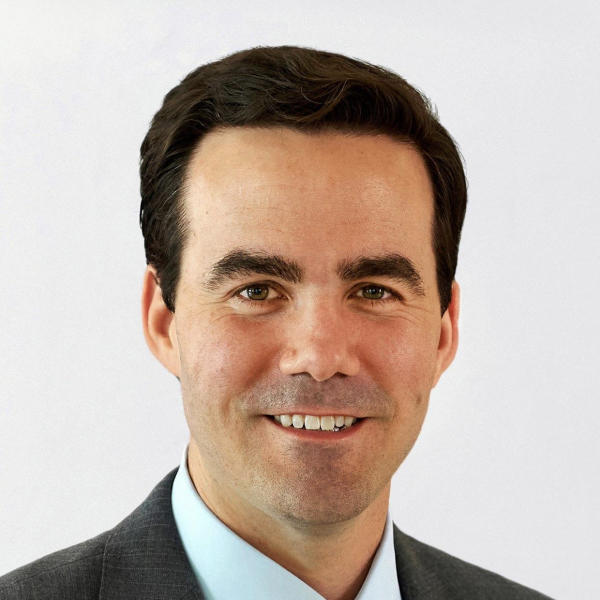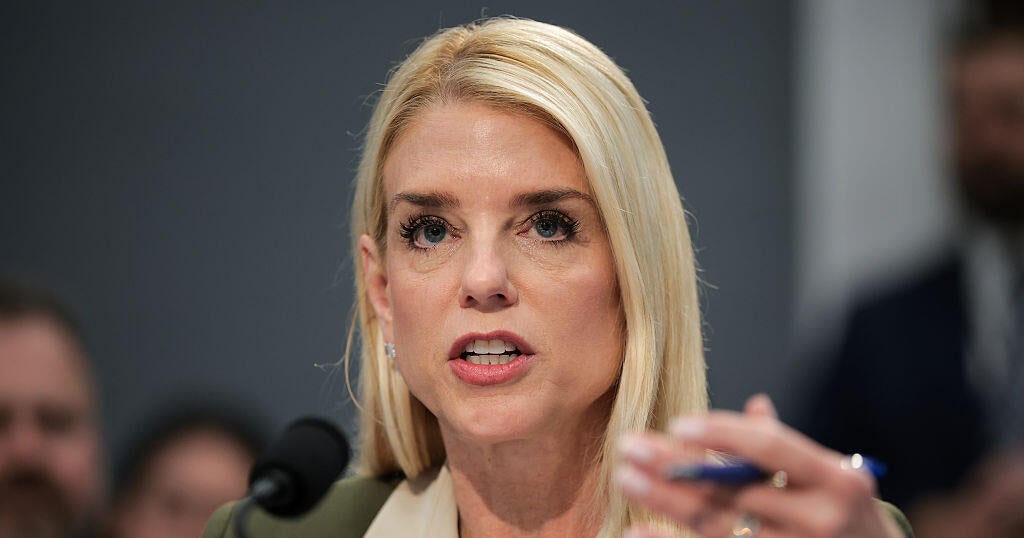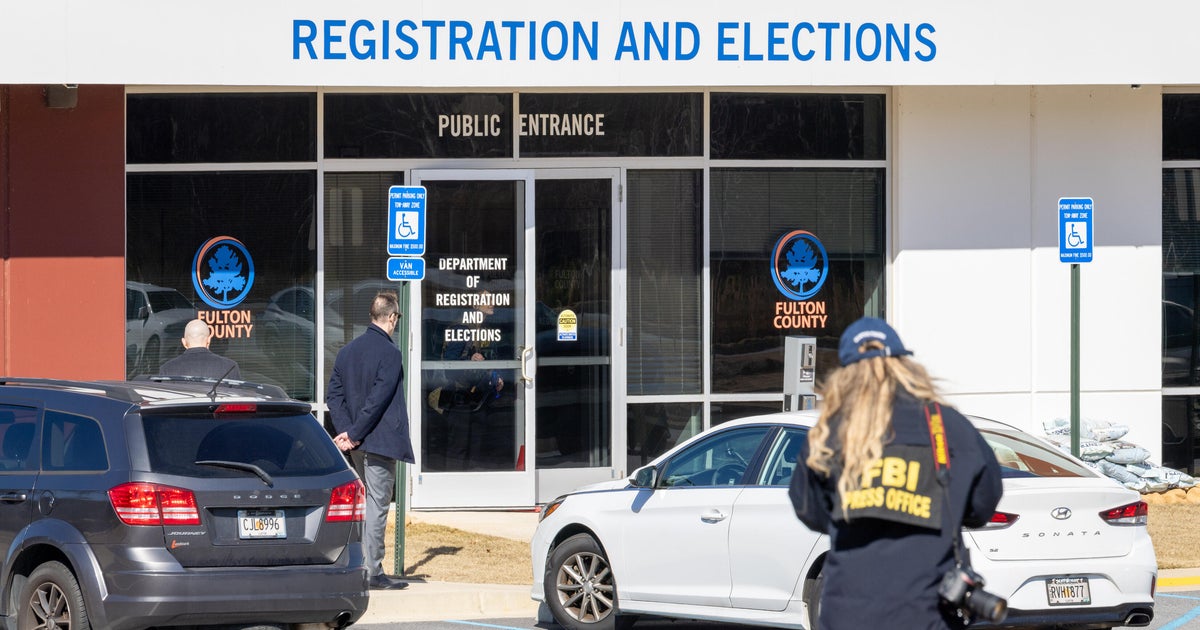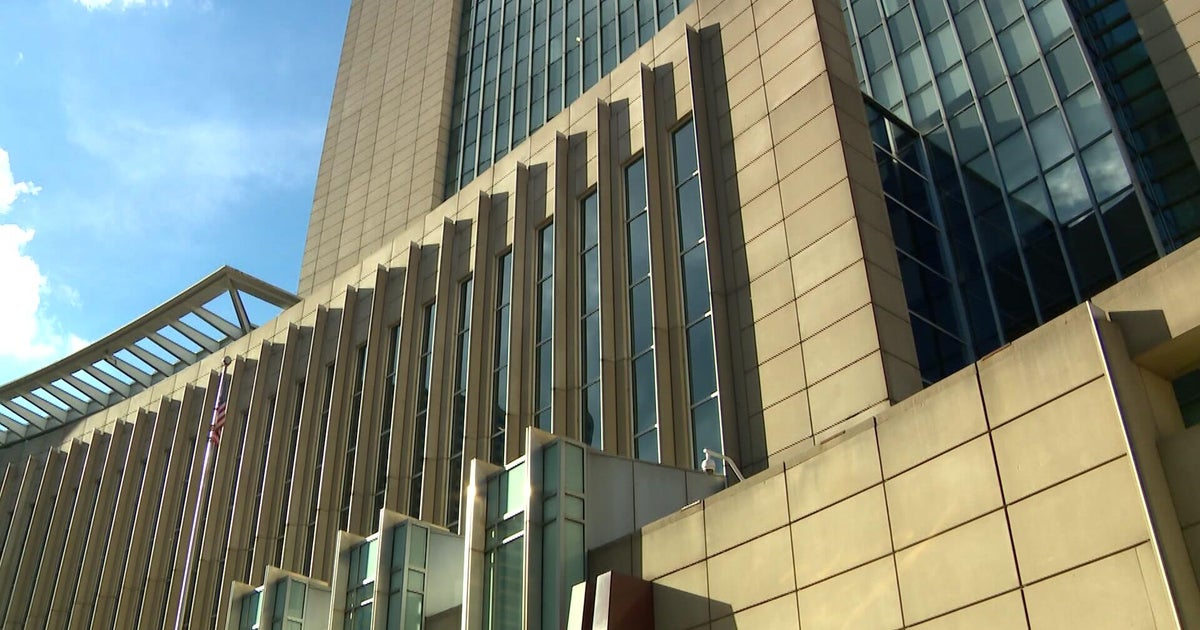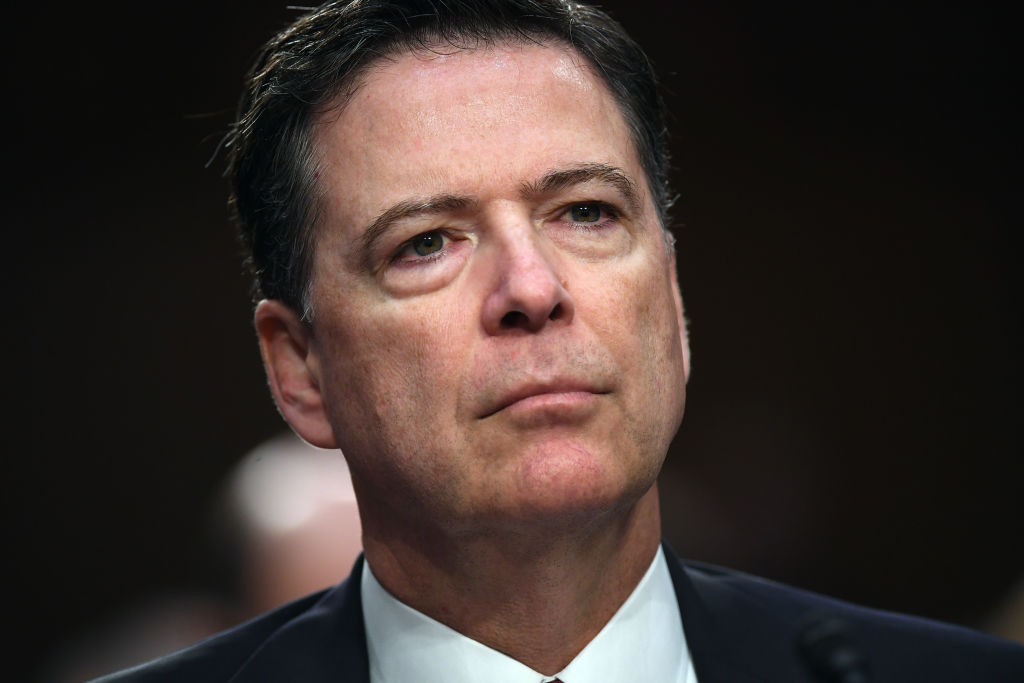Pence to challenge special counsel's subpoena
Washington — Former Vice President Mike Pence plans to challenge a subpoena issued by the special counsel overseeing the investigations into former President Donald Trump, according to two people familiar with his plans.
The sources confirmed that he intends to claim legislative privilege, mounting the argument that because he was president of the Senate as vice president, he was a member of the legislative branch and should be shielded from Justice Department questioning under the Constitution's "speech or debate" clause.
Under the clause, members shall "be privileged from Arrest during their Attendance at the Session of their respective Houses, and in going to and returning from the same; and for any Speech or Debate in either House, they shall not be questioned in any other Place."
Politico first reported Pence's plans Tuesday.
Special counsel Jack Smith was appointed in November to oversee the Justice Department's Trump-related probes, and issued a subpoena for Pence's testimony last week, multiple sources confirmed to CBS News. A lawyer for Trump, Timothy Parlatore, told CNN on Sunday that the former president intends to assert executive privilege over Pence's testimony.
As president of the Senate, Pence broke ties with his vote and presided over Congress' affirmation of the electoral vote count on Jan. 6, 2021. The vice president's top aides testified before the Jan. 6 House select committee that they and Pence repeatedly told then-President Donald Trump and his allies that a theory pushed by conservative lawyer John Eastman, who argued the vice president should single-handedly reject or replace slates of electors, had no basis in the Constitution or federal law.
Despite this, Trump continued to pressure Pence to intervene, including in a heated phone call on the morning of the attack, according to Jan. 6 committee testimony of White House aides. Pence's aides said the president's insistence pushed the country to the brink of a constitutional crisis and placed the vice president at grave risk of physical harm when the mob stormed the Capitol.
The Justice Department's investigation into alleged efforts to stop the transfer of presidential power has proceeded alongside at least two other probes into the events surrounding the 2020 election, including from the House select committee, which disbanded at the end of 2022, and the district attorney in Fulton County, Georgia.
As part of the investigation from Fulton County District Attorney Fani Willis, a subpoena was issued to Sen. Lindsey Graham of South Carolina, a key ally of Trump's, for his testimony before a state special grand jury.
Georgia investigators sought to question Graham about two calls he made to Secretary of State Brad Raffensperger and his staff after the election. But Graham challenged the subpoena in federal court, arguing he was shielded from having to answer questions under the speech-or-debate clause because he was performing "legislative acts" when he called Raffensperger.
After a federal district court and the U.S. Circuit Court of Appeals for the 11th Circuit declined to block the subpoena, Graham asked the Supreme Court to intervene. The high court, though, refused to block his testimony, saying in an unsigned order that the lower courts "assumed that the informal investigative fact-finding that Senator Graham assertedly engaged in constitutes legislative activity protected by the Speech or Debate Clause ... and they held that Senator Graham may not be questioned about such activities."
Graham appeared before the grand jury in November.
Smith, the special counsel, is also investigating Trump's handling of sensitive government records discovered at his South Florida property, Mar-a-Lago, last year. Since his appointment, documents marked classified have also been found at President Biden's Wilmington, Del., house and in his former office at a Washington think tank, and in Pence's Indiana home.
The records discovered with Mr. Biden and Pence were immediately turned over to the Justice Department.
Last week, the FBI found more documents in Pence's Indiana home in a consensual search that came several weeks after the initial discovery of records. Authorities removed one other document with classification markings and six additional pages without markings, according to a Pence official.
The former vice president has not yet made a decision about challenging Trump for the presidential nomination in 2024. He told CBS News in January that he does not feel any rush to formally announce a bid. "I think we've got time," Pence said.
